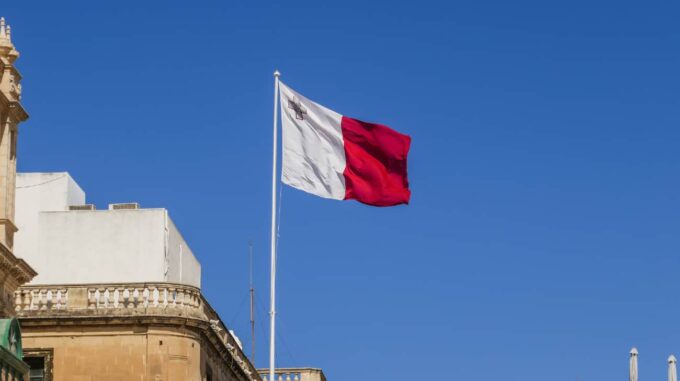The European Court has issued a landmark ruling regarding Malta’s “golden passports” program, which has significant consequences for the country and its foreign citizens

This decision, formulated by EU judges on Tuesday, puts an end to a scandalous story that has been ongoing for several years and has triggered intense social and political resonance not only in Malta but throughout the European Union. The ruling means that Malta must immediately terminate its issuance of so-called "golden passports"—schemes that allowed foreigners, mostly wealthy businessmen and investors, to obtain Maltese citizenship through substantial investments in the country. According to the new court verdict, such a policy conflicts with the core principles of the single market and mutual trust, which are fundamental to coexistence and cooperation within the EU. Under the program’s original design, wealthy foreigners could invest up to one million euros into the Maltese economy and receive citizenship in return, which in turn granted automatic access to all EU countries and their opportunities for living, working, studying, and doing business. This raised justified concerns about potential breaches of the EU’s institutional mechanisms, especially regarding money laundering prevention and the involvement of individuals with dubious reputations. The European Commission filed a complaint against Malta in 2022, citing violations of EU law. In 2020, Brussels initiated an investigation, and it was subsequently proven in court that the program was ambiguous and posed a threat. Malta argued that it had the right to set its own policies on citizenship and that its approach was fully compliant with EU law, but the court ruled otherwise. The court established that granting citizenship in exchange for investments essentially turns the process into a commercial transaction, undermining the principles of equality and mutual trust among member states. According to the judges’ conclusions, this approach destroys the foundations of solidarity within the EU and erodes trust between Member States, which need to work together in areas such as security, economics, and human rights. Changes are already beginning to manifest: between 2022 and now, Malta halted issuing "golden passports" to Russian and Belarusian citizens following Russia’s full-scale invasion of Ukraine. However, this step was not a panacea: investigations revealed that even under sanctions, Russians and Belarusians continued to obtain Maltese passports through other schemes, raising serious doubts about the effectiveness and fairness of such policies. Amidst these developments, similar trends are observed in other European countries. For example, Spain officially ceased issuing residence permits through real estate investments—particularly those exceeding 500,000 euros—in April 2025. Portugal had already abolished its "golden visa" scheme in 2023, which involved real estate investments, removing it from the list of mechanisms for obtaining residence permits. Instead, the country encouraged investors to allocate their funds into government investment funds, marking a significant shift in its approach to attracting foreign capital. Another notable example of reforms is Cyprus, where the government revoked the citizenship of 222 wealthy investors and their families as part of efforts to combat previous "investment-for-citizenship" schemes. This is part of broader initiatives to restore the country’s reputation, which had come under great risk in recent years due to abuses and corruption scandals linked to investment-based citizenship programs. Thus, the EU court’s decision sends an important signal to all member states regarding the need for more transparent and responsible approaches to granting citizenship and passports based on investments. It also underscores broader trends: countries should refocus their policies from seeking quick financial gains to strengthening trust, security, and stability within the European Union. As of early 2024, tensions around this issue are increasing, as not all states are adapting quickly to new challenges and commitments. It is worth noting that the failures of "golden passport" schemes open new opportunities for reforming and improving EU countries’ investment policies, aiming for more transparent and accountable methods of attracting foreign investments while safeguarding the interests of their citizens and regional security.

